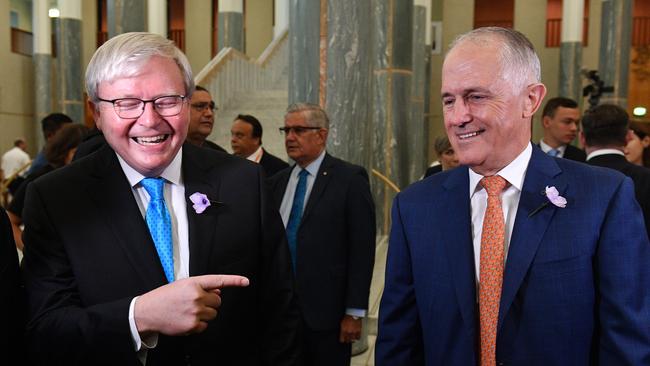
While the ABC has offered them an absurd number of platforms to vent their spleens and demand a royal commission into the Murdoch media, here is a suggestion for how two former prime ministers could better spend their time in service to the nation.
If Rudd and Turnbull want to be associated with a royal commission that genuinely improves public policymaking in our democracy, they should suggest one that investigates the management of risk by government responses to COVID-19. As former PMs, they could kick off a valuable debate about the necessity and challenges of assessing risk in policy making. This subject won’t arouse ABC journalists, but it would be a major contribution to public policy in this country.
Both men could follow former British PM Tony Blair who, after leaving office, spoke frankly about the importance of risk. Blair lamented how politicians shy away from discussing the importance of risk — and the consequence, he said, is “we are in danger of having a wholly disproportionate attitude to the risks we should expect to run as a normal part of life”.
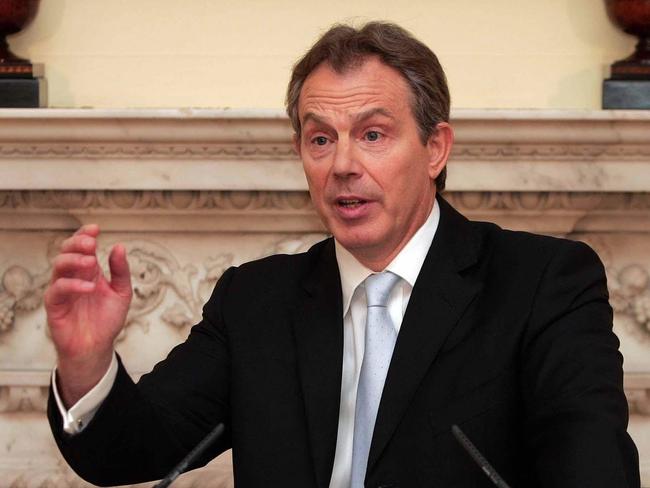
Blair provided a useful starting point for two men who have had a loose relationship with humility. “In eight years as prime minister, I don’t know that you accumulate much wisdom, but you certainly accumulate experience,” Blair said.
For two reasons, this column is unapologetic about citing Blair’s speech more than once considering he delivered it in May 2005. First, the speech is one for the ages, resonating even more during the time of COVID-19. Second, it is impossible to locate other politicians, anywhere in the world, who speak sensibly and thoughtfully about how to manage the risks, new and old, that confront us.
“We cannot eliminate risk,” Blair said. “We have to live with it, manage it. Sometimes we have to accept that no one is to blame. Such an approach is easy to state; hard to do.”
If more people better understood Blair’s warnings, leaders might have responded with a greater sense of proportion during the pandemic. Instead, they have acted on the basis that they will be blamed for every single death, meaning other heavy human costs, including other poor health outcomes, have been ignored.
Blair warned about equating science with certainty. “In fact, in the scientific world, ambiguity, uncertainty, the wisdom that comes with failing and changing your mind are all essential to progress. Often there is no obvious right or wrong answer. The most likely outcome changes all the time in response to new evidence,” Blair said.
“The structure of political combat tends to invite certainty, or at least a show of certainty, when that idiom is entirely inappropriate for discussing fine-grained risks and the balance of probability. There are trade-offs, dilemmas, balances between costs and benefits in every decision.”
A wide-ranging royal commission into responses to COVID-19 — the dilemmas, costs and benefits and trade-offs — is just as important as Scott Morrison’s demand for an investigation into the origins of the coronavirus. There is, as Morrison said, a “moral responsibility” to do all we can to understand where the coronavirus started “so that we can try to prevent it from happening again”.
And, just in case there is another pandemic — and the odds are there will be — we also have a moral responsibility to work out which responses were sensible, and which ones failed a thorough cost-benefit analysis.
An inquiry of this kind is not about laying blame. It should be beyond politics, if that is possible. Done with the benefit of hindsight, it will recognise that many decisions, especially early ones, were taken in the fog of crisis.
It should conduct a forensic investigation into a whole host of decisions, who made them, the scientific advice that underpinned the responses, and a cost-benefit analysis of each one. For example, given the obvious temptation of state leaders to close borders to avoid working harder to manage risk, when do border closures really make sense? To overcome the parochialism of state leaders, what should be agreed in national guidelines to give greater clarity in the future?
Did an international border closure that made sense in March make sense six months later as other countries worked to manage risks and allow for people to get on with their lives? Though the border closure did not personally affect the Prime Minister, what work was done to allow families separated by borders to reunite, and to allow others, not just the PM, to travel for work and quarantine at home upon their return?
For example, did the Prime Minister explore a five-day home quarantine and testing system akin to that being introduced in the UK?
Likewise, was Victoria’s lockdown a prudent exercise that balanced the costs and benefits of managing COVID-19, given the impact on people’s livelihoods, and other illnesses both physical and mental? Was there scientific advice to justify a curfew that locked people in their houses for more than 100 days?
A royal commission could investigate whether it was appropriate in a democracy for a lower-ranking bureaucrat — who is not a minister, a department secretary or a chief health officer — to exercise an emergency executive power that closed down much of Victoria.
Was it sensible for the South Australian Premier to introduce a lockdown on the basis of 22 COVID-19 cases and a lie about how a pizza worker contracted the virus? What measures did premiers and health officers put in place to anticipate the obvious potential for people not to disclose everything truthfully. And what justified the Premier’s banning people walking their dog, or exercising for an hour a day? Were they worried about people tripping over a pizza box?
Given Steven Marshall’s “no regrets” comments this week, and how the Andrews government has emasculated the inquiry into its deadly hotel quarantine debacle, we know that politicians won’t offer even minor misgivings about their own decisions.
So it must fall to others — in a more formal setting such as a royal commission, armed with proper powers, enough time, objectivity and clear air — to carefully consider decisions that our leaders have taken to manage COVID-19.
Marshall’s recent lockdown demonstrates that, without a detailed and very frank reckoning of government decisions, the threshold will be lower for politicians to impose even more rash and extreme lockdowns.
A royal commission would make recommendations to ensure that the next time there is a pandemic, federal and state governments will have a comprehensive set of risk assessments based on the good, the bad and the ugly experiences of the past year.
A royal commission might also remind us that prudent leaders draw on advice from many sources, not just from a sliver of epidemiologists who have locked up the states and the country because that is the easiest option to deal with one risk.


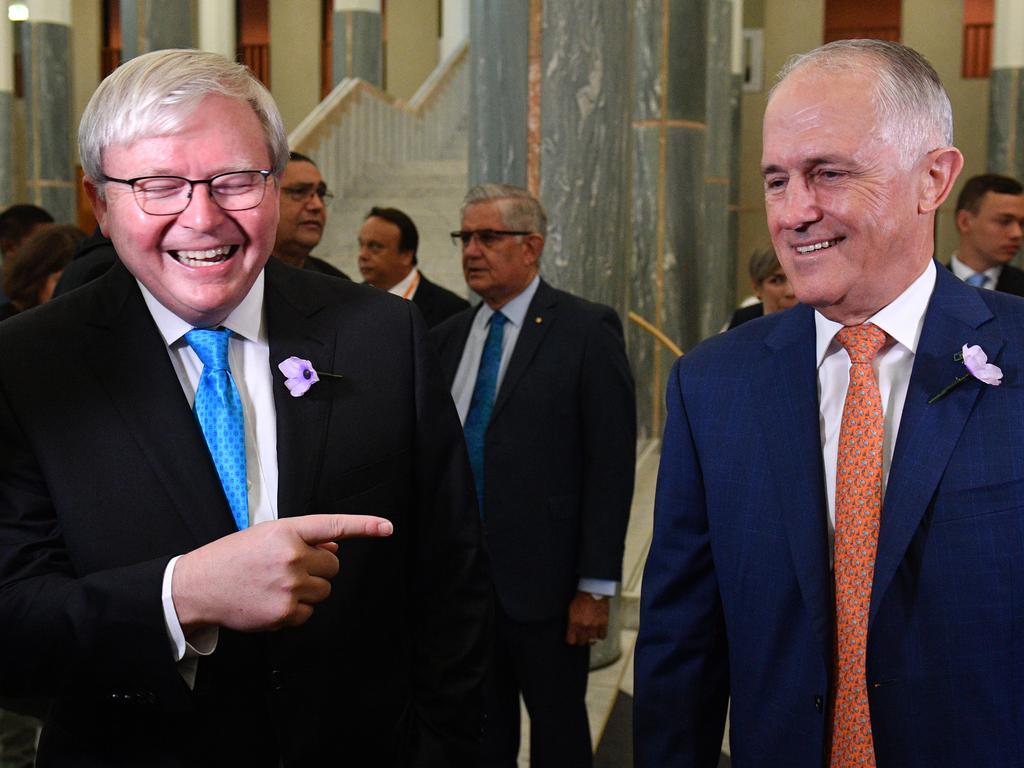

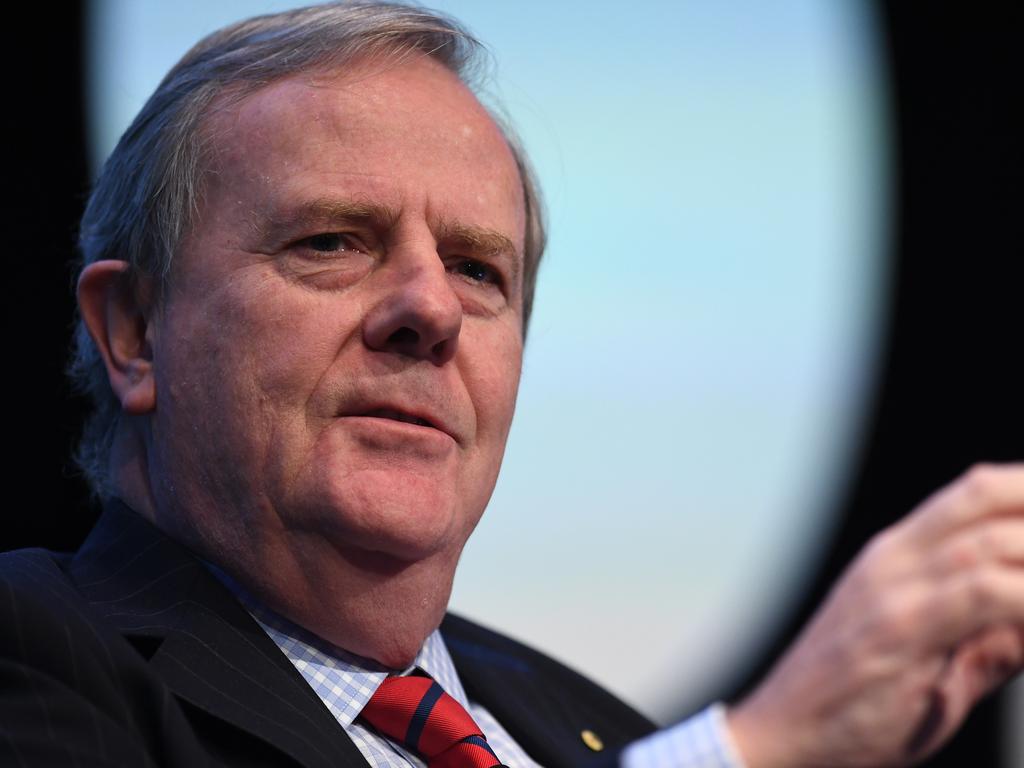
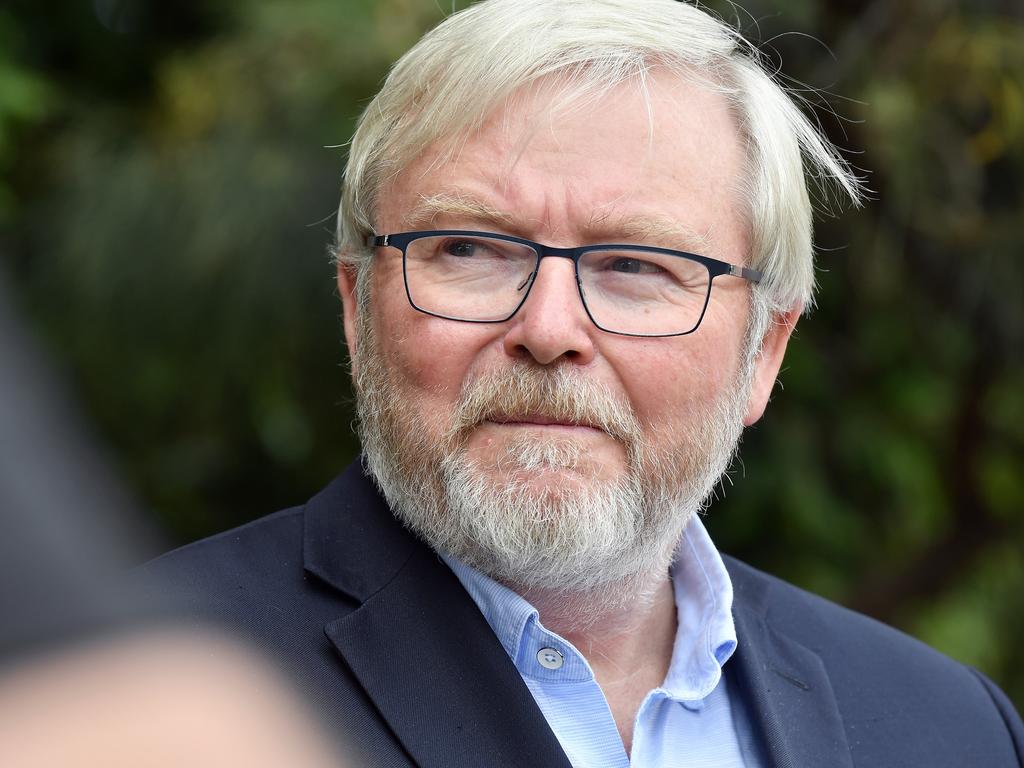


Malcolm Turnbull and Kevin Rudd have spent an inordinate amount of time blaming News Corp for bringing their political careers to an end. Still fixating on themselves, it’s easy to see why their colleagues noticed their shortcomings long before the media and voters did.